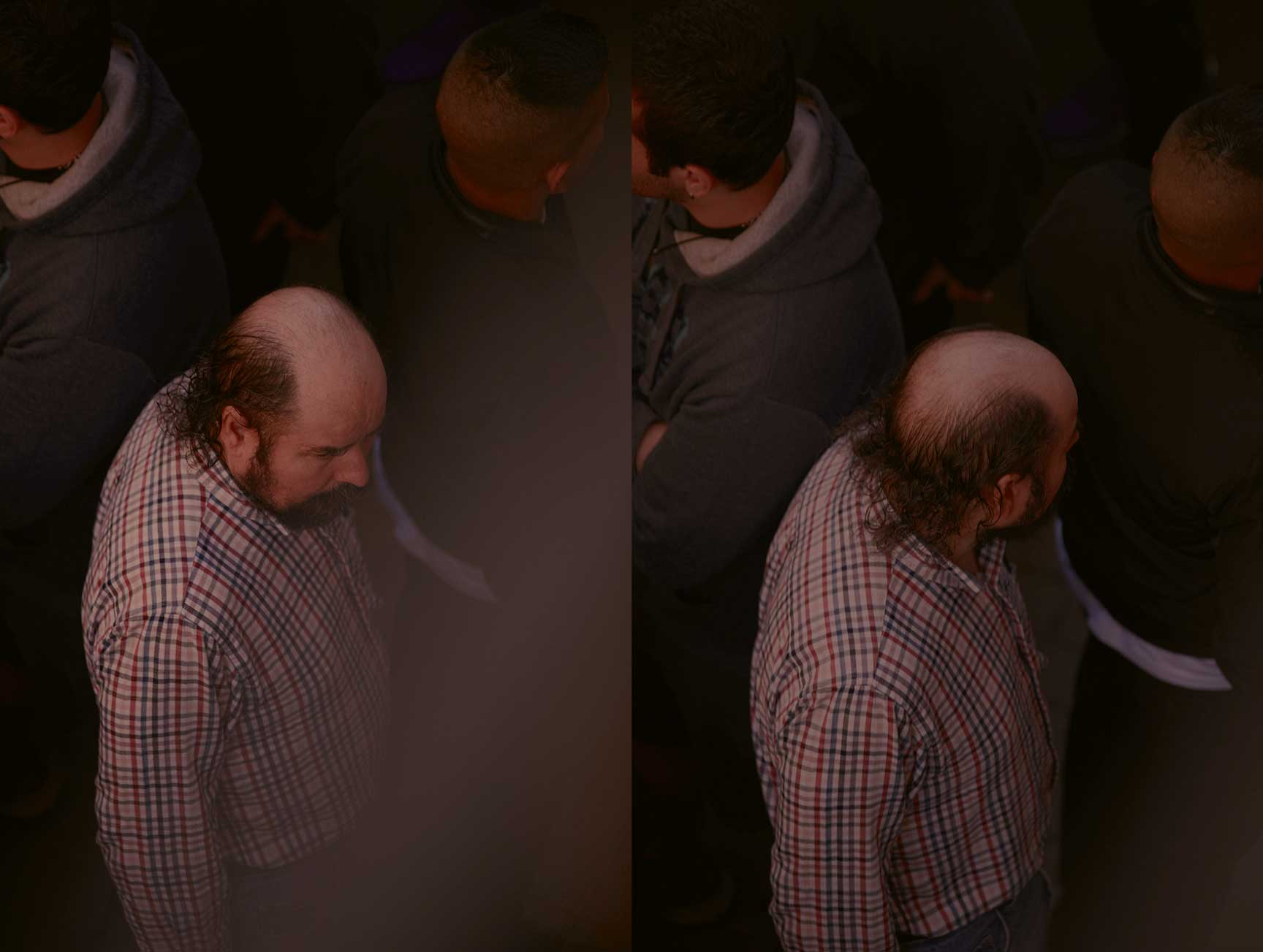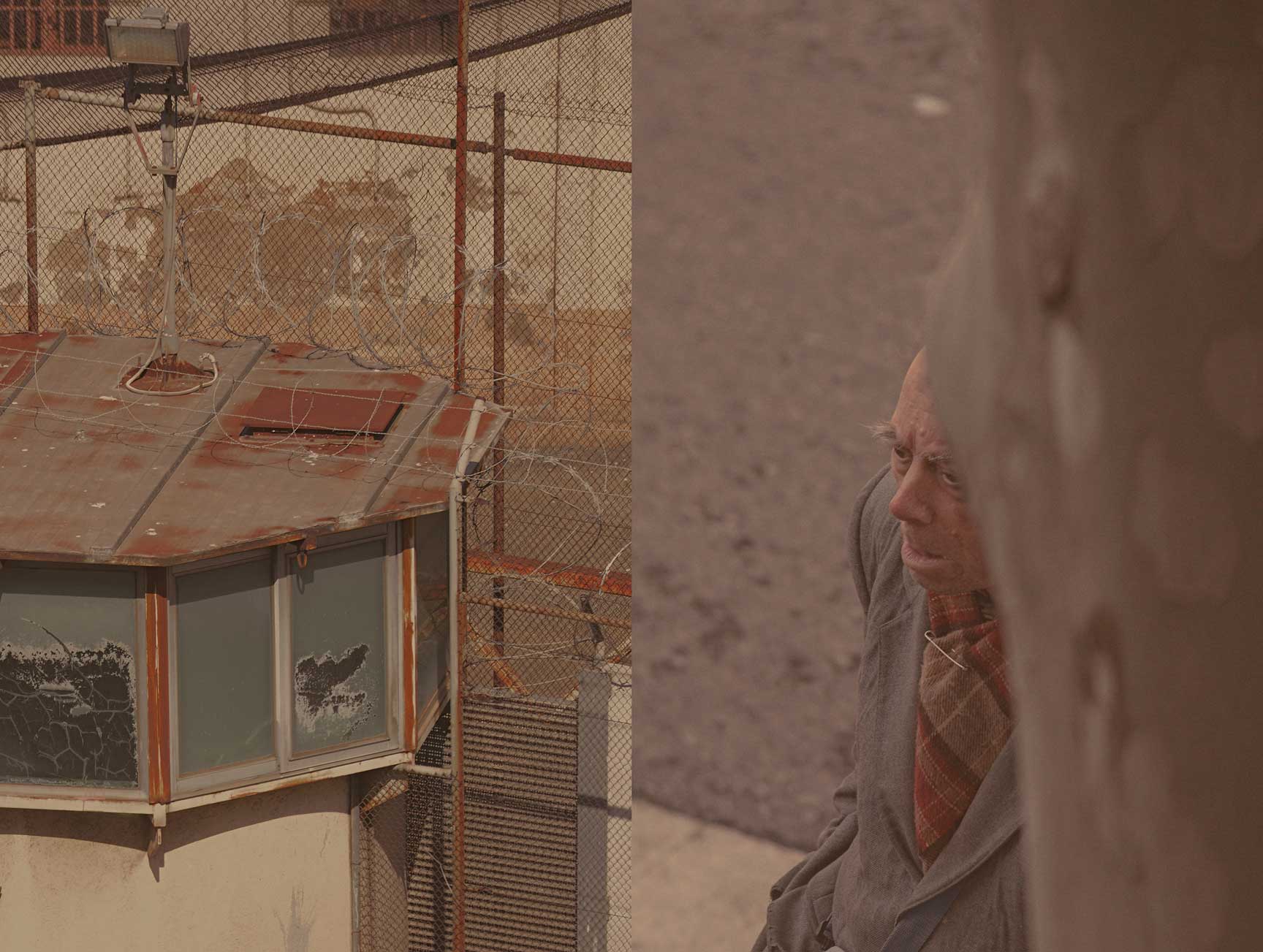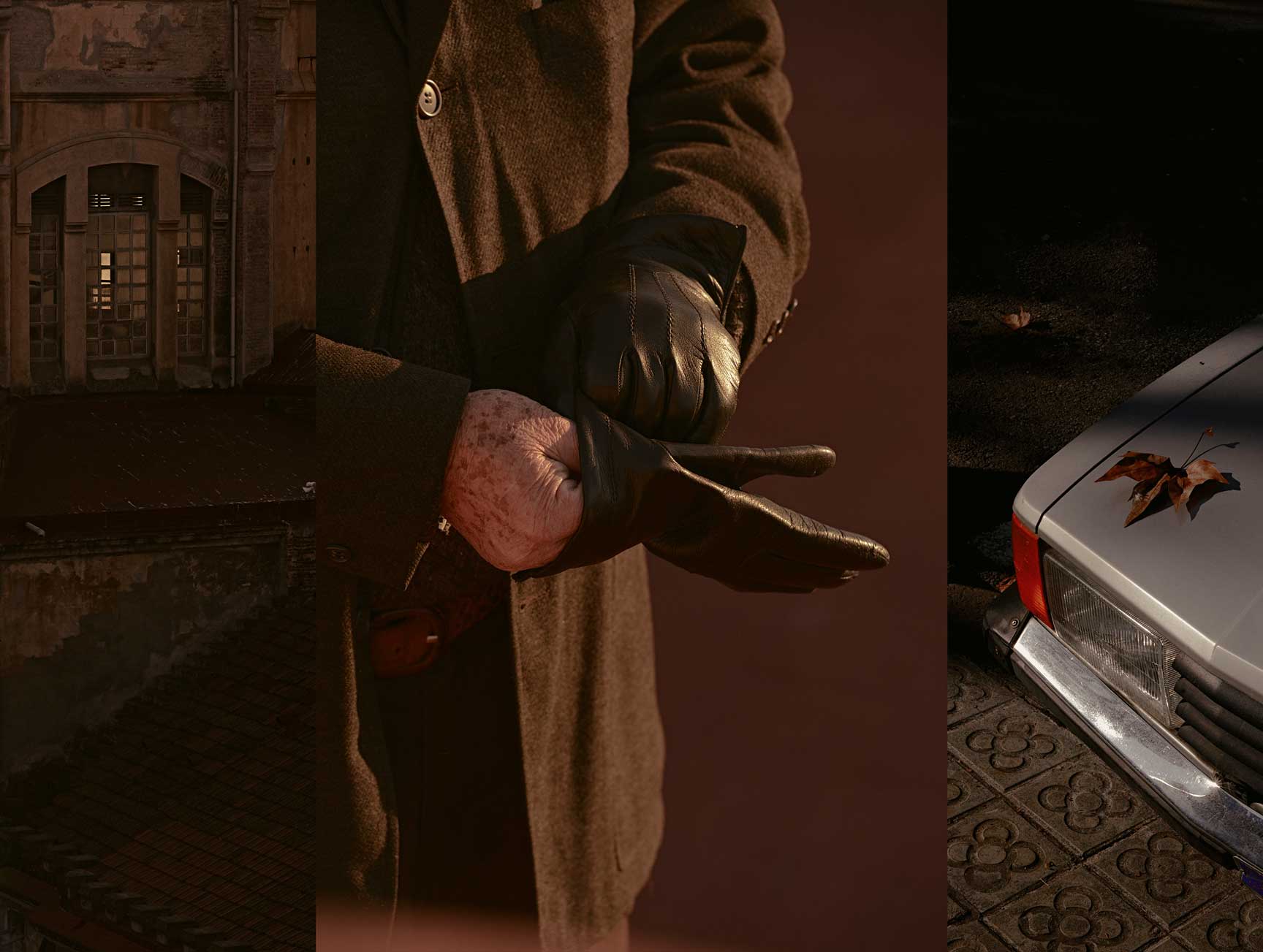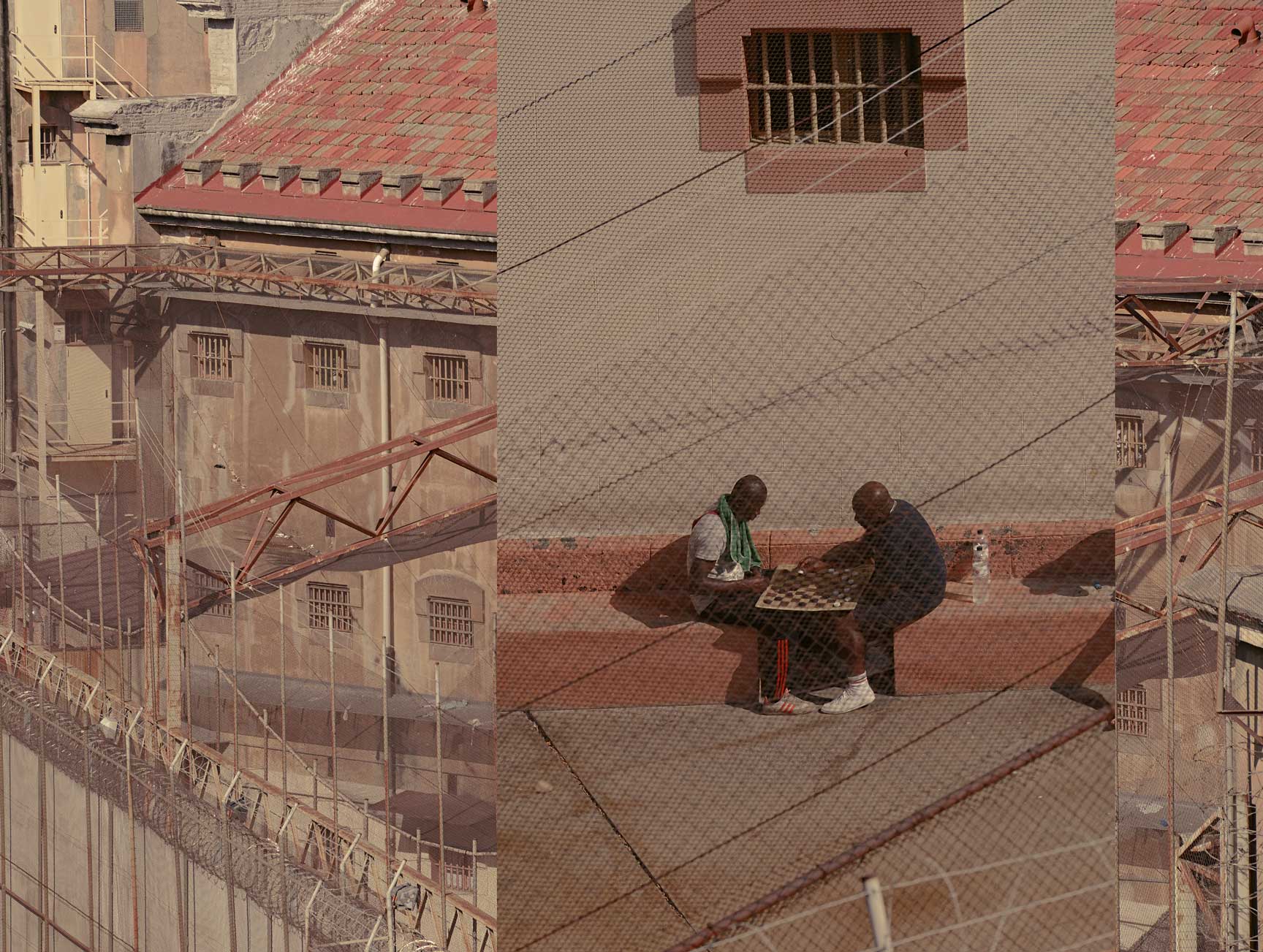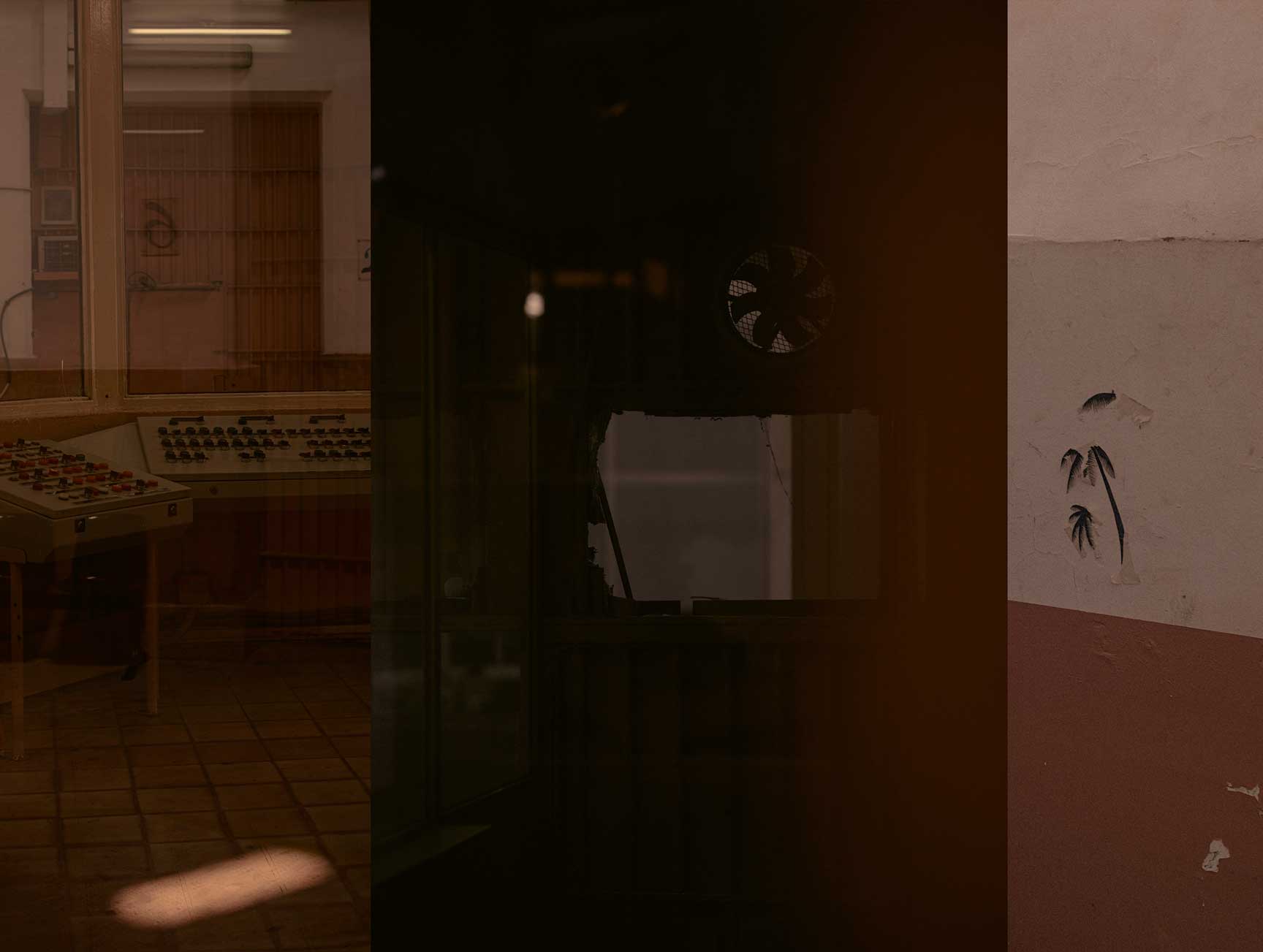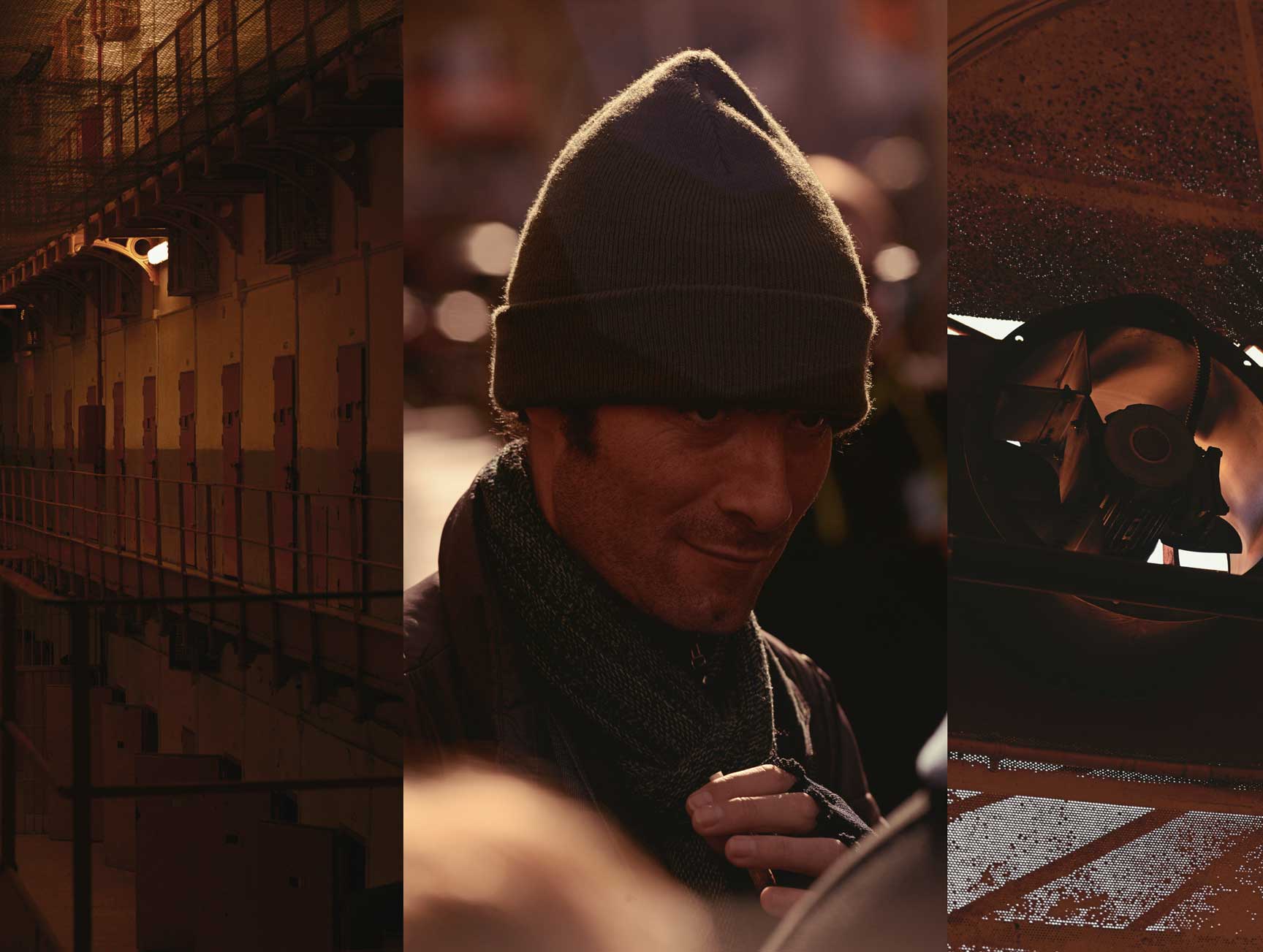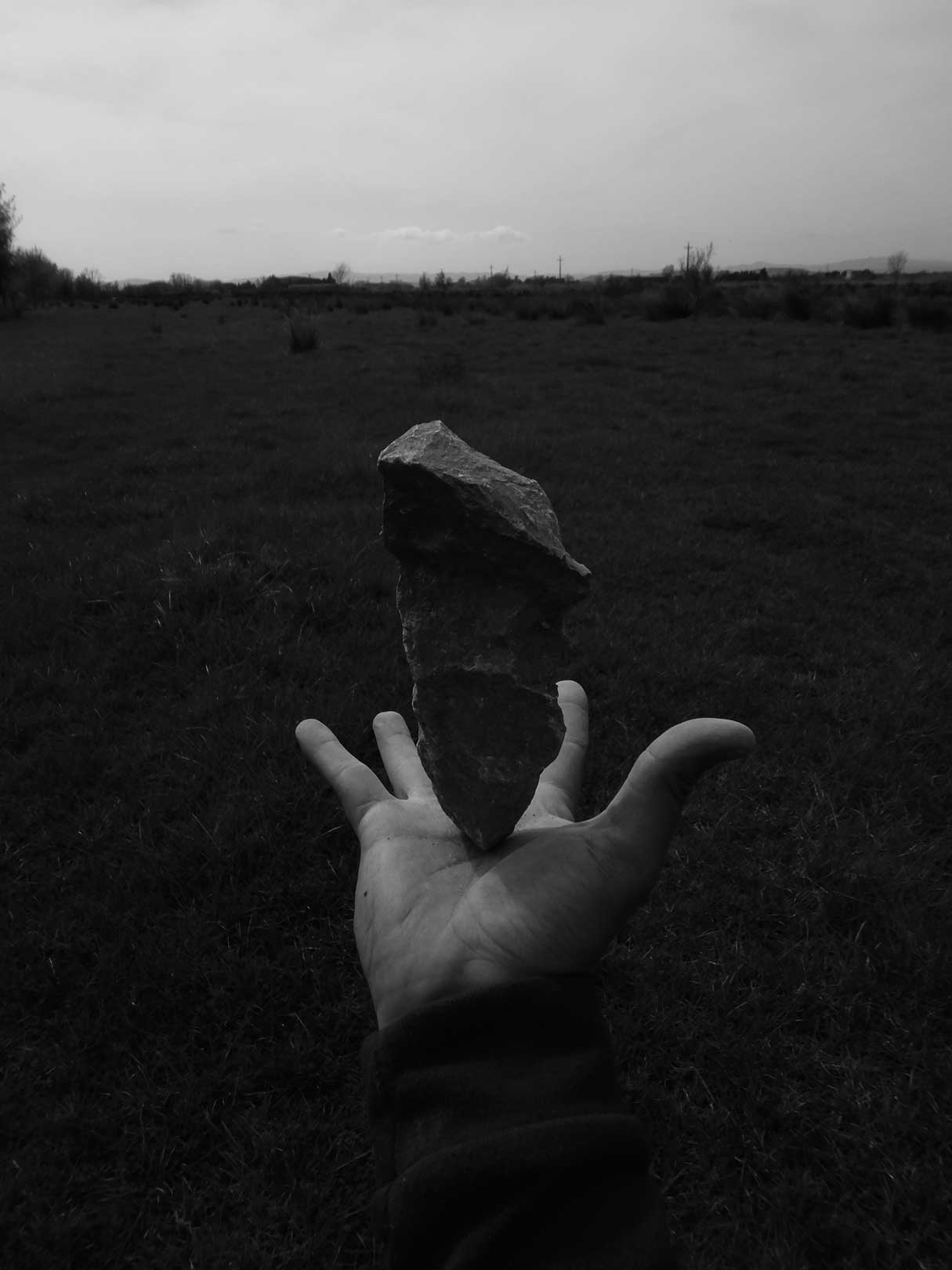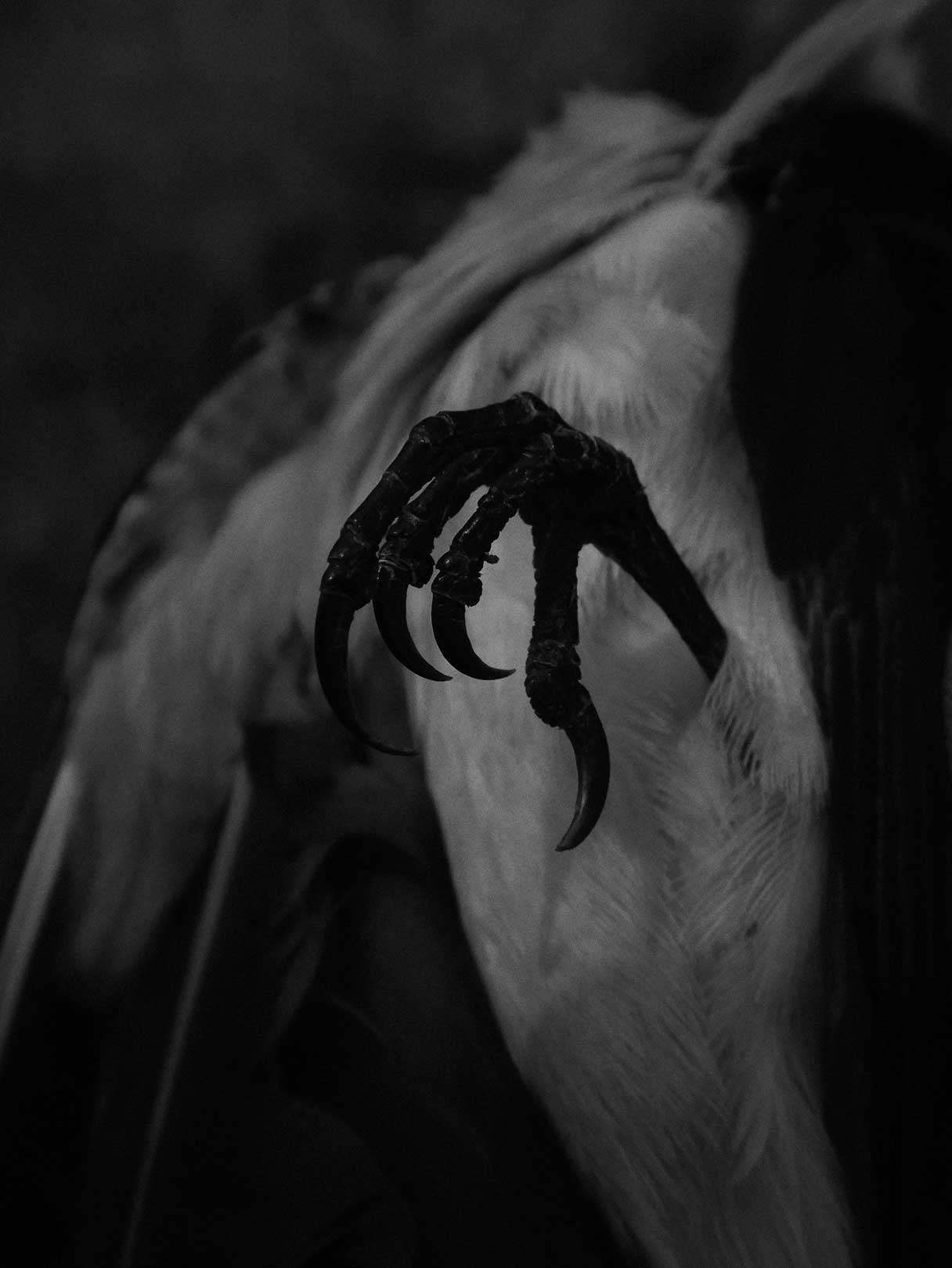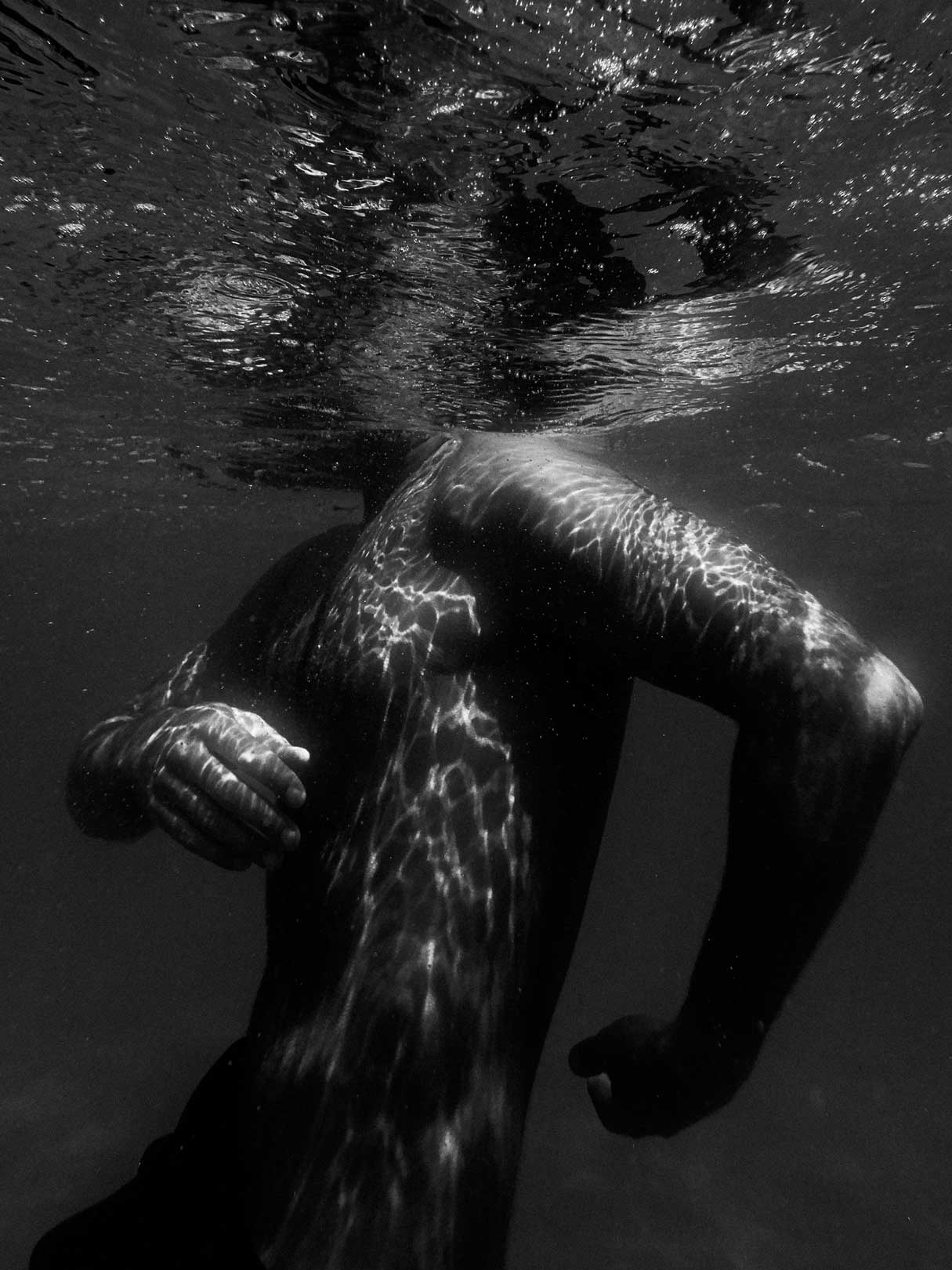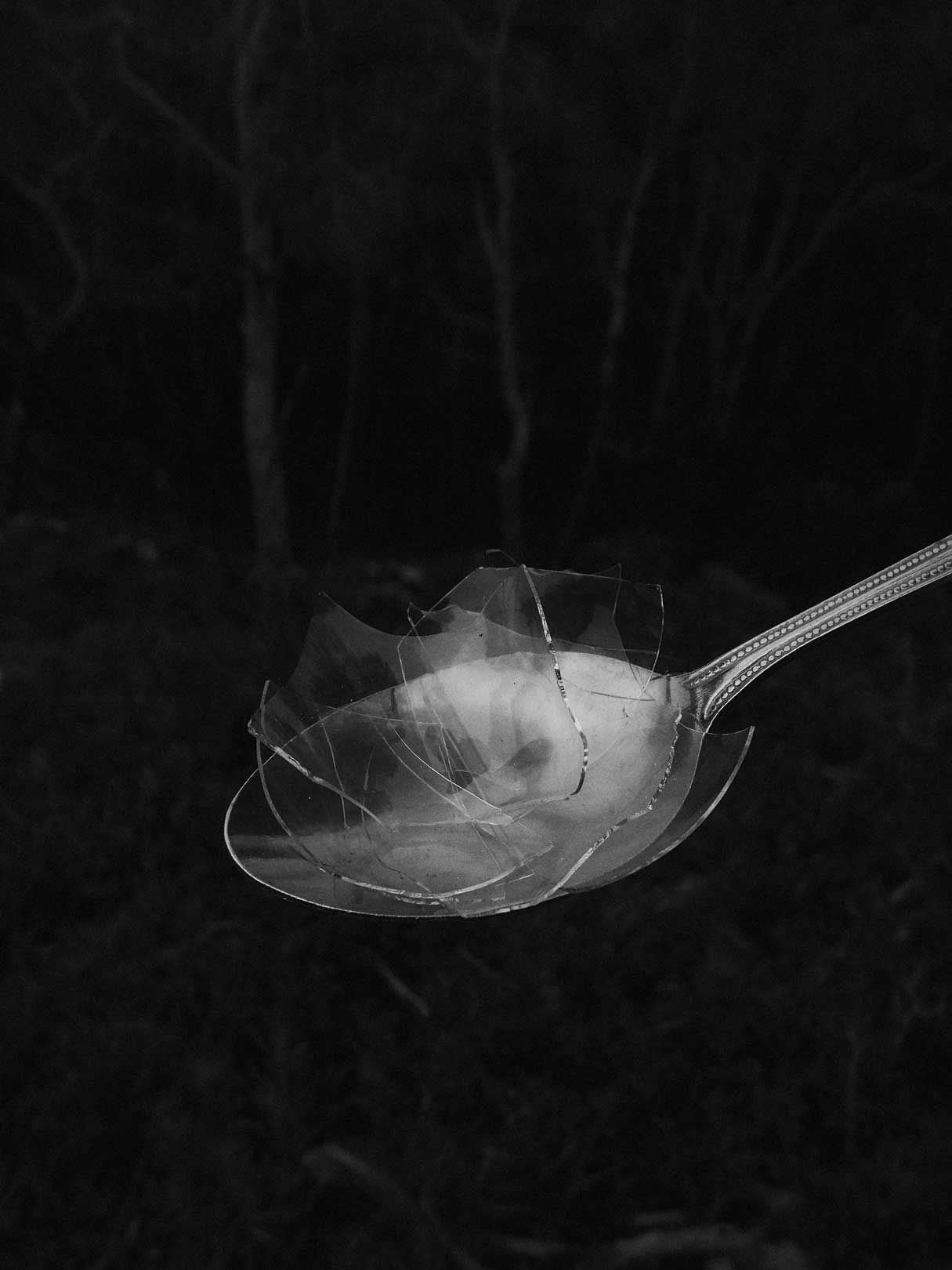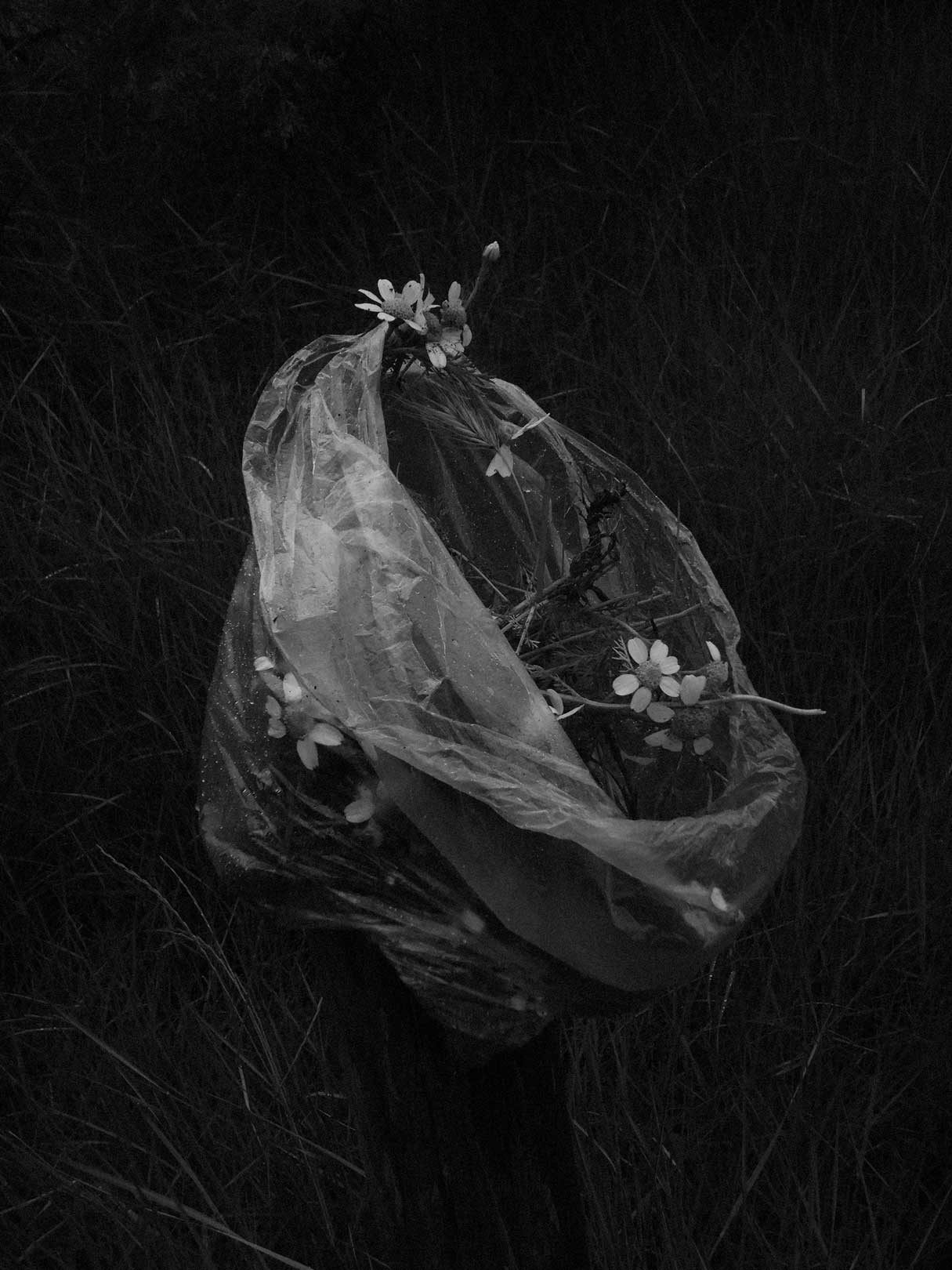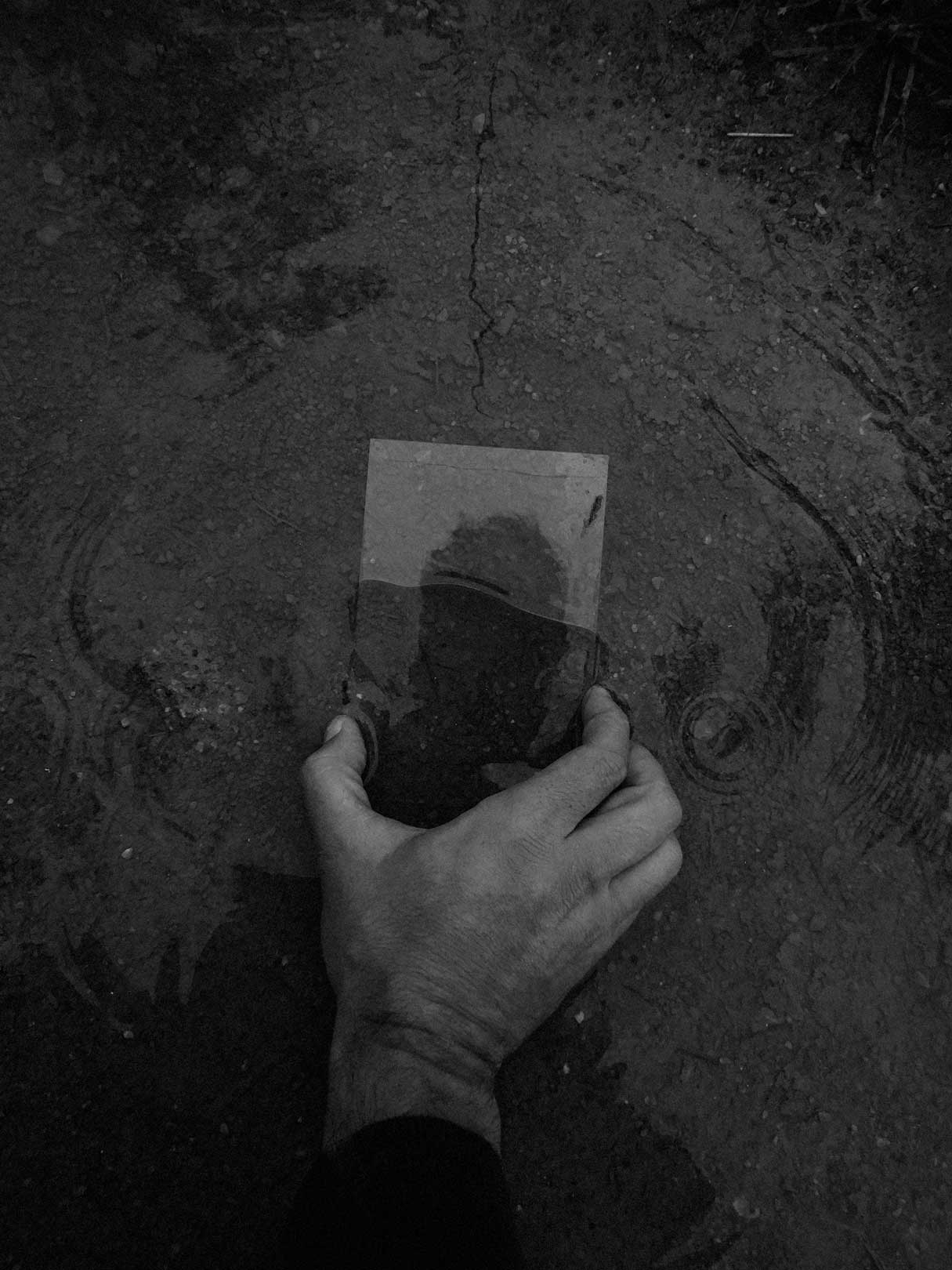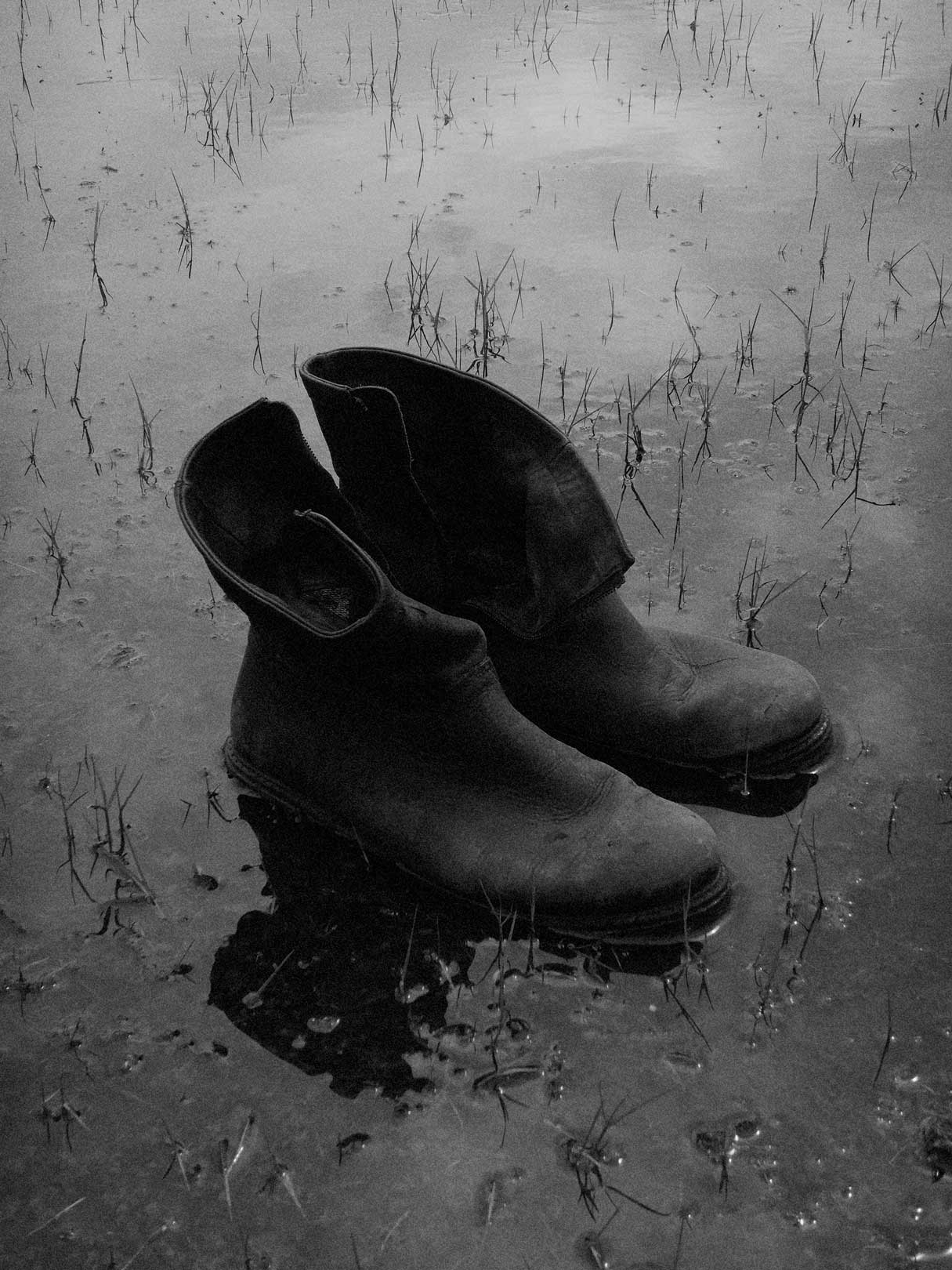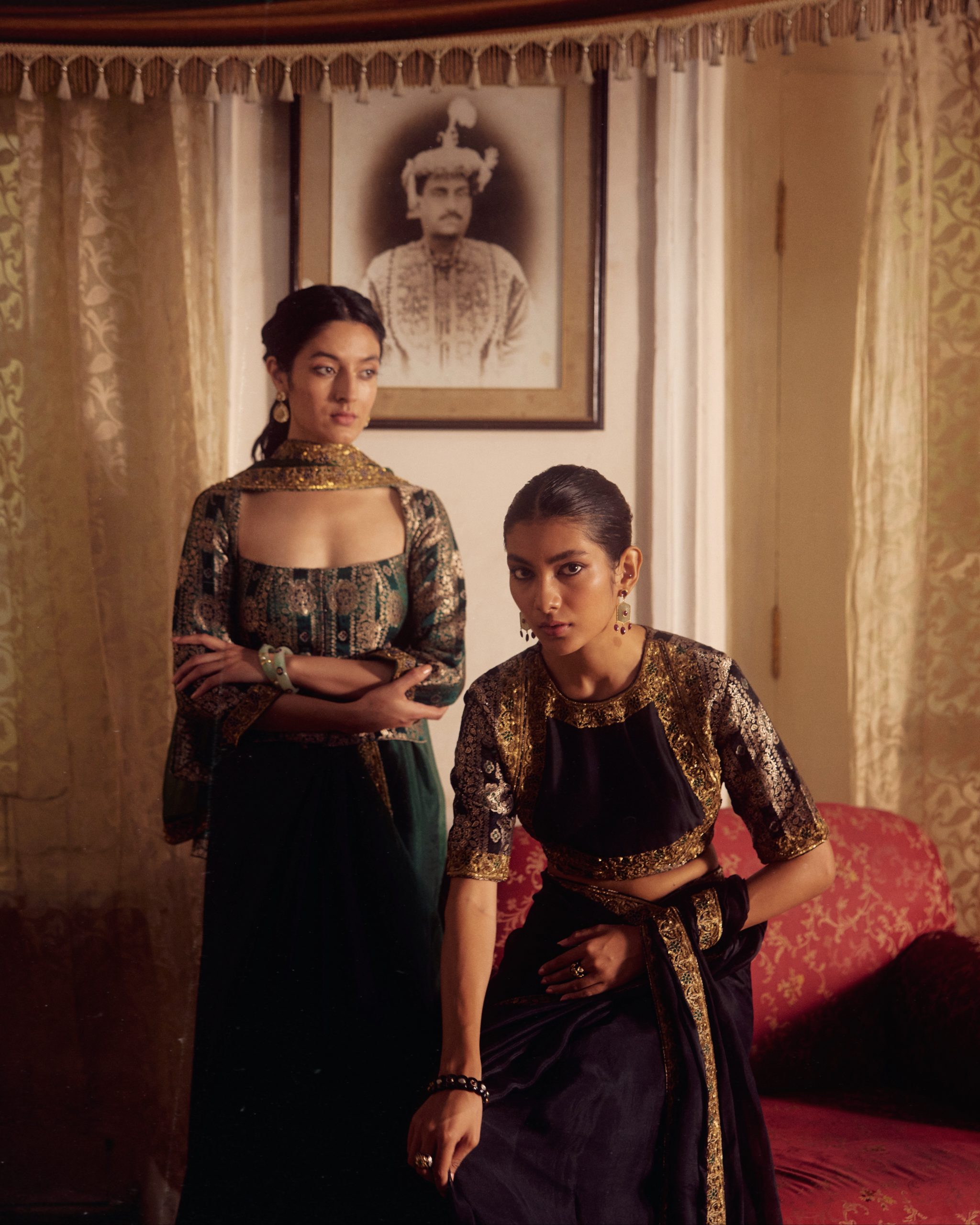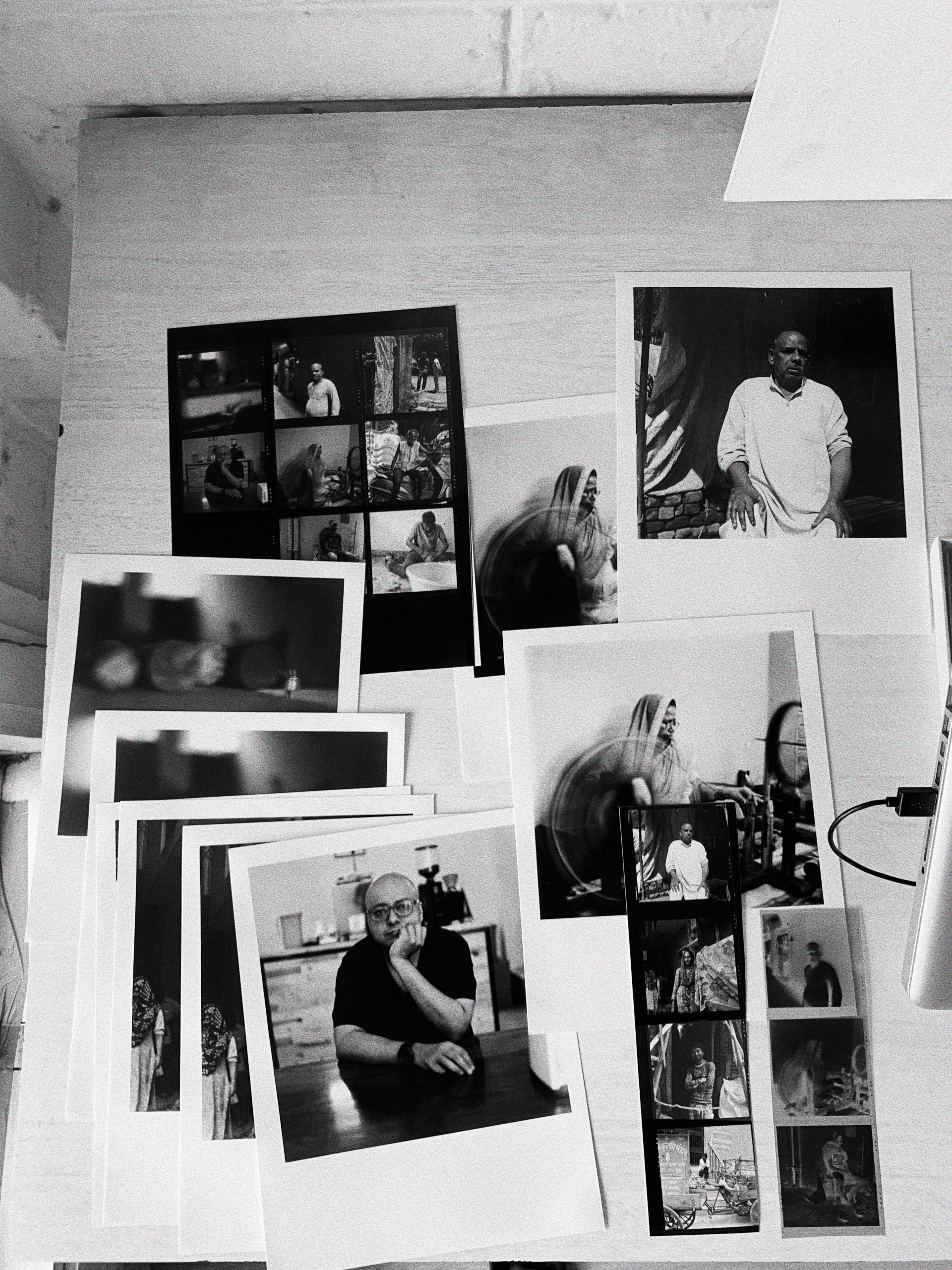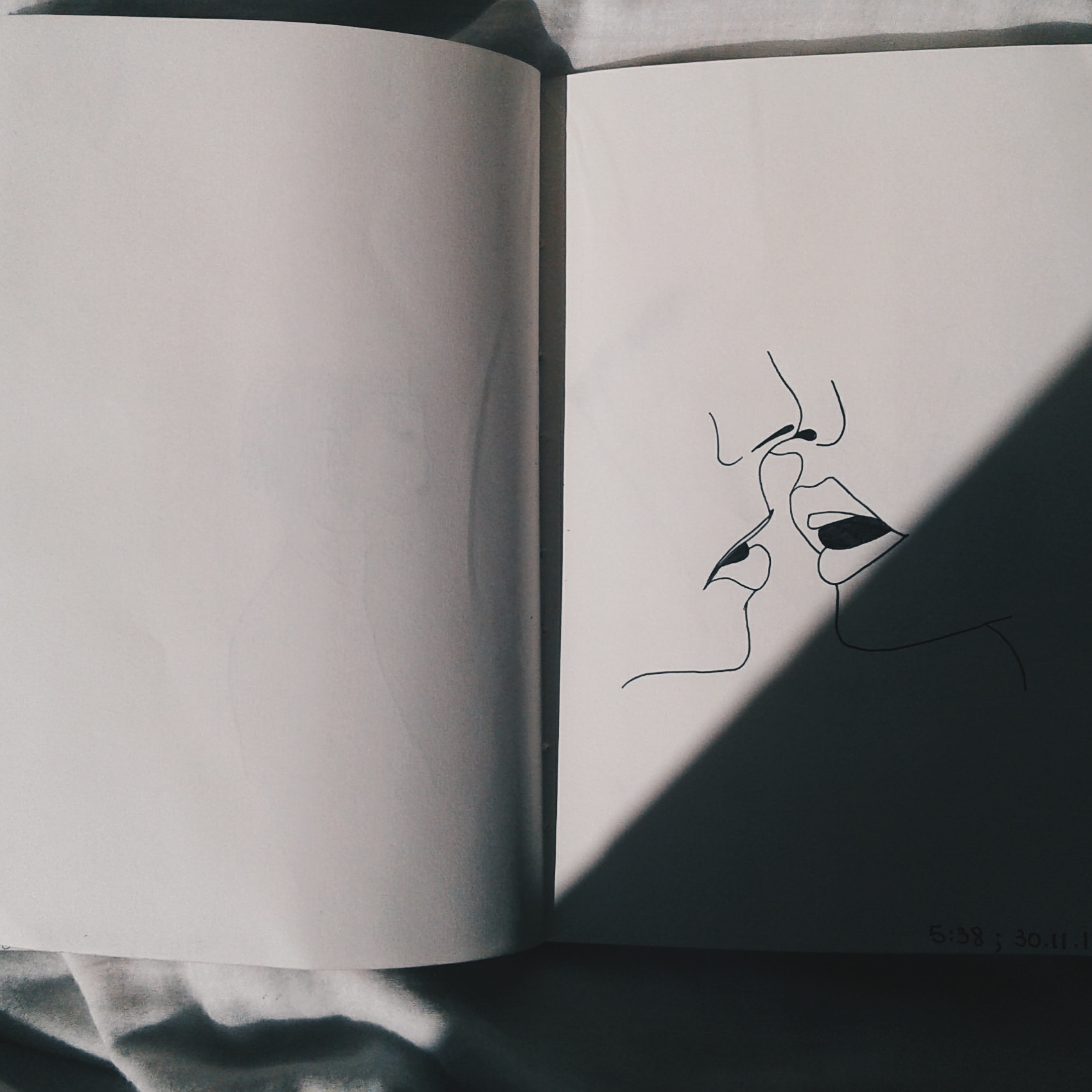Salvi Danés is a Spanish photojournalist based in Barcelona, who comes from a classical documentary tradition and shoots both in analog and film formats. During his journey as a photographer, he became increasingly interested in specializing in other subgenres of photography through different workshops and masterclasses. He shares, “I try to tell or suggest things through my photography. My intentions are not documenting, giving my opinion or imposing concepts, but showing from my point of view, personal imaginaries.”
Danés broadly divides his photography projects into two categories: urban dynamics and rural realities which are closer to nature. This exercise helped him evolve his photographic sensibilities and eventually gave shape to his two most recent works: A les 8 al Bar Eusebi and Transmontanus.
A les 8 al bar Eusebi (trans: At 8 at bar Eusebi) is a photobook that encompasses the sights and structures as documented by Danés in Barcelona’s Eixample district. The industrial vibes and rusted undertones of the recently closed La Modelo prison and the adjacent Eusebi bar serve as a backdrop to this region which is otherwise famous for its Catalan Modernist architecture. Danés has captured masculinities in a time without glory, with unfiltered portraitures of tired, suspicious men sometimes looking straight into the camera as they go about life’s trivialities. This results in an unexpected congruency with the looming old buildings of Eixample, now corrupted with large cranes and barricades to pave the way for newer construction.
Danés’s other project, Transmontanus (Latin – trans: beyond the mountains) is an allusion to the winds sweeping from the Pyrenees that characterizes the Catalan region of the Empordà, not only defining its identity but also bringing change and erosion. Shot entirely in black and white, Transmontanus is a homage to lost childhood landscapes that we now only remember in fading, dream-like images. A deeply personal photographic journal, Danés captures familiar mountainous topography that he once knew well as a child, but with the passage of time, is now unrecognizable in adulthood. Danés contrasts almost alien, newer buildings and structures against weathering forests, with intimate human portraits against these backdrops.
Danés believes that when a photographer starts in a genre, they often draw from a pioneer whose work and style have been shown to them in their educational stages. Therefore, in the early stages of their careers, artists mirror the originals that captivated or seduced them into the world of photography. Evidenced in his earlier works, Danés suggests a great resemblance to his muses and role models in the field. He has since gradually developed his own unique style and personal language as a photographer.
In his first project as a photographer, titled Sunday Morning Sports, Danés seized the motion of male civilians across different ages engaged in various sporting activities on the beaches of La Barceloneta. Also shot completely in black and white, Danés captures visceral, extremely physical moments as men in assorted shapes and sizes convert the sands into their playground and derive the simplest of joys in even a stretch or an early morning siesta. “It is neither a way to spend time nor a hobby, it is a real lifestyle. It is a way to face up to life and say: hey! I’m still here!!! without any complex or a clock that tells or fractionates their time… We can learn a lot from these clever athletes. Not only regarding sports but also their way of daring life, of being happy, and their way of living without worrying about anything but the next Sunday morning.”
Other projects by Danés include Black Ice, Moscow, Blackcelona and Dark Isolation, Tokyo. These projects focus on their eponymous, sprawling metropolitan cities by capturing their inhabitants in various states of flux. Framed against massive technological landscapes, inclement weather, with urban socio-economic dynamics in play, Danés focuses on individuals as they navigate their way through these cities, often pictured alone and builds a subtle narrative based on social commentary.
Danés believes that there is a story behind every photograph, and keeps utilizing his skills as a reportage photographer into his art which is replete with numerous social situations. Currently, Danés intersperses his numerous jobs, including editorial portraits or shooting photographs, with his personal projects and photography workshops that embody the images of his own life.
Find more work by Salvi Danés on : Salvidanés.com.
All pictures by Salvi Danés.
Text by Nikita Saxena.
Curated by Romina Bertetti.


